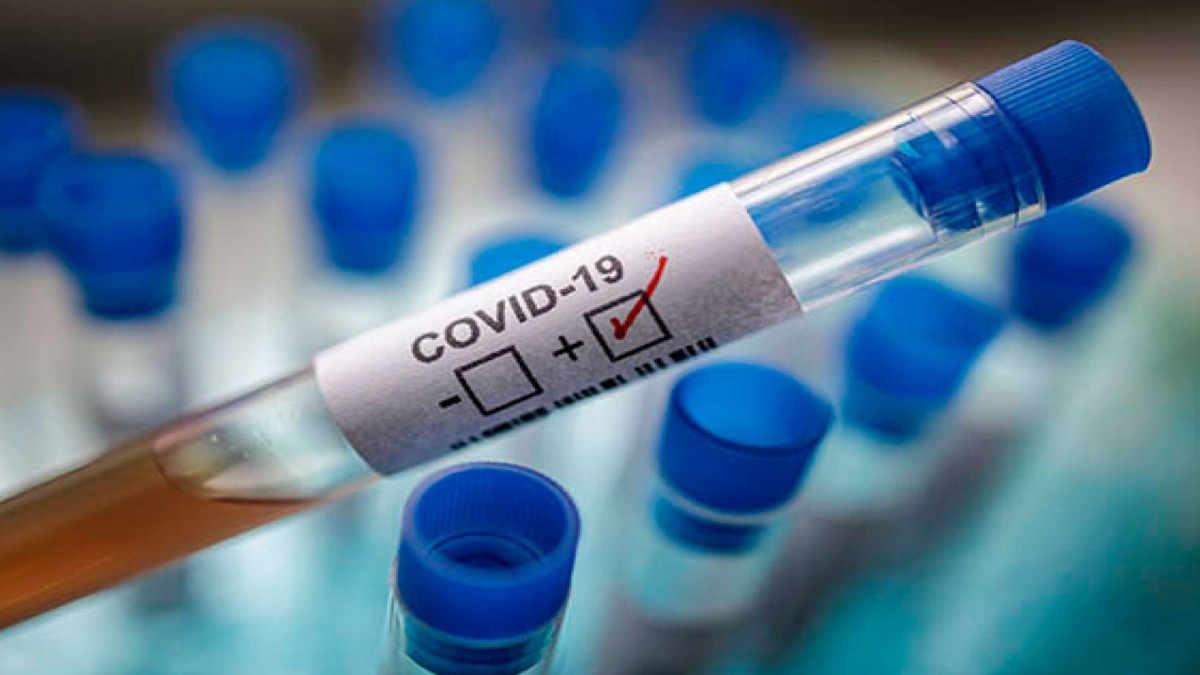Researchers have found that some Covid cases are more critical than others due to the antiviral inflammatory response to the virus. The study, led by Yale University’s Richard Flavell, has been published in the Nature Biotechnology Journal. The study also showed that two well-known therapies—the use of monoclonal antibodies and the steroid dexamethasone—can help treat Covid-19 infections. But in the case of the antibodies, treatment is only effective if administered early in the course of the disease. In the case of steroids, it’s only effective if administered during later stages of the disease.
The different immune system responses to the virus as observed in standard laboratory animals and humans have made it difficult for scientists to pinpoint the tipping point between mild and severe cases of Covid-19. But Flavell’s mice, which were engineered to have a human-like immune system, offered an opportunity to answer the question.
“If you infect a standard laboratory mouse with SARS-CoV-2 they will get infected, but not get seriously ill,” said Flavell, Sterling Professor of Immunobiology at Yale and senior author of the paper.
“But our humanised mice get sick and just don’t get better. Their whole immune system is on fire,” he added.
The research team—which as led by first author Esen Sefik, a Howard Hughes Medical Institute (HHMI) Fellow at the Damon Runyon Cancer Research Foundation—introduced the SARS-CoV-2 virus taken from seriously ill human patients into the nasal passages of their humanized mice and then followed the course of the disease. They found that the infected mice exhibited the same symptoms as severely ill human patients, such as lung damage, weight loss, and a heightened, persistent inflammatory immune response that damaged tissues.
They then treated the mice with monoclonal antibodies provided by Michel Nussenzweig, an immunologist at Rockefeller University. These antibodies, which specifically targeted the virus, were effective if given before or very early after infection but did little to stifle symptoms if administered in later stages of infections, they found.
Conversely, during the early stages of infection, the immune suppressant dexamethasone was fatal to mice when it suppressed the initial immune response that was crucial to combat the virus. However, it helped clear infection during later stages of the disease by suppressing the inflammatory response that had begun damaging organs.
“Early in the course of the disease, a strong immune response is crucial for survival. Later in the disease, it can be fatal,” Sefik said.
The research was done in collaboration with Yale’s Akiko Iwasaki, Craig Wilen, Yuval Kluger, Eric Meffre, and Stephanie Halene. ANI









